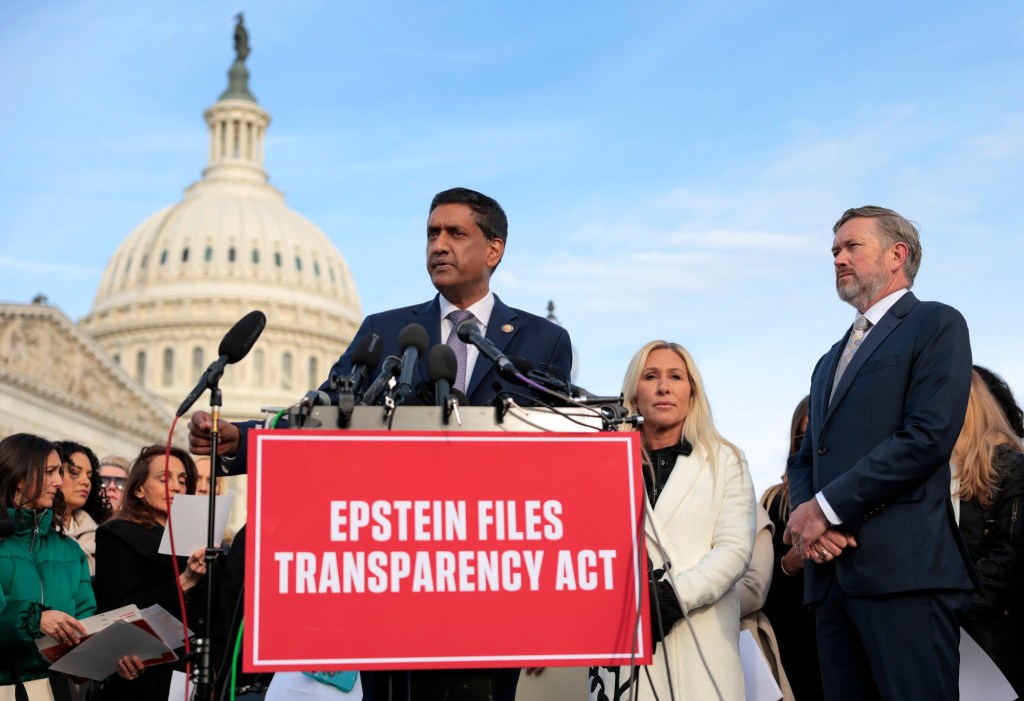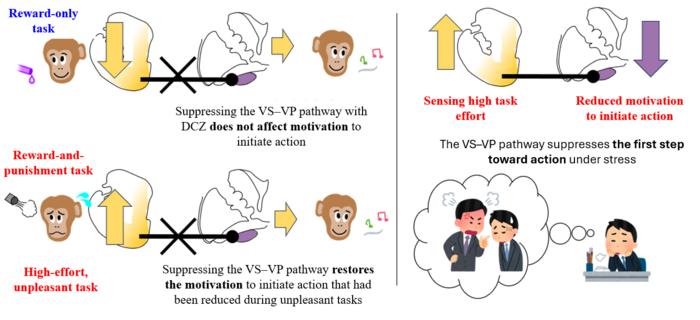
On September 27, 2023, Representative Ro Khanna achieved a significant legislative victory when his bill mandating the U.S. Department of Justice to release records from its investigations into convicted child sex trafficker Jeffrey Epstein passed the House with an overwhelming 427-1 vote. The bill received unanimous approval in the Senate just hours later and was promptly signed into law by President Donald Trump.
Khanna, a Democrat representing areas of Fremont and parts of Silicon Valley, navigated a challenging political landscape. His bill is particularly noteworthy given Trump’s historical ties to Epstein, making the passage of this legislation a complex political maneuver. Trump’s opposition to the bill was fierce, as he attempted to fracture Khanna’s alliance with several Republican lawmakers, including Representatives Thomas Massie of Kentucky, Marjorie Taylor-Greene of Georgia, Nance Mace of South Carolina, and Lauren Boebert of Colorado.
Khanna’s Unexpected Coalition
Despite the political risk, Khanna successfully formed an unlikely partnership with these right-wing Republicans, resulting in a pivotal shift within the Republican Party. Taylor-Greene, once a staunch Trump ally, expressed her concerns about the backlash she faced from the former president after aligning with Khanna on this issue. “The fight over releasing the Epstein files has ripped MAGA apart,” she stated.
Political analysts note that Khanna recognized an opportunity that many of his Democratic colleagues overlooked. According to Jack Pitney, a politics professor at Claremont McKenna College, “He saw an opportunity that others missed.” Khanna himself recounted that when he initially raised the issue of the Epstein files, he was met with skepticism from fellow Democrats who preferred to focus on more traditional issues like healthcare and economic concerns.
Khanna’s determination to uncover the identities of Epstein’s accomplices resonated with many constituents who expressed frustration over a perceived “Epstein Class”—wealthy individuals who seemingly evade accountability. His efforts gained momentum when Massie filed a discharge petition in July, allowing Khanna’s bill to bypass a Republican majority opposed to its passage.
Future Implications of the Legislation
The future of the Epstein files remains uncertain, according to various stakeholders. Some members of Khanna’s party, including Senator Chris Coons of Delaware, expressed doubts about the ease of disclosure, citing ongoing investigations that could limit the release of pertinent records. If the Justice Department is conducting open probes, it may withhold documents that could interfere with those investigations.
Khanna, however, maintains a more optimistic outlook, asserting that only a small percentage of the files are tied to active investigations. “It would be hard for U.S. Attorney General Pam Bondi to justify keeping them secret,” he argued, emphasizing the bill’s potential impact on victims seeking justice.
As Khanna contemplates future bipartisan efforts, he has succeeded in illustrating a rare moment of unity among lawmakers regarding the need for transparency in cases of child sexual abuse. His work on the Epstein files may serve as a blueprint for future collaboration across party lines, reinforcing the notion that both Republicans and Democrats can agree on the fundamental principle that victims deserve justice and their abusers should not enjoy anonymity.
This recent legislative triumph marks a defining moment for Khanna and underscores the potential for bipartisan action in addressing critical societal issues.






